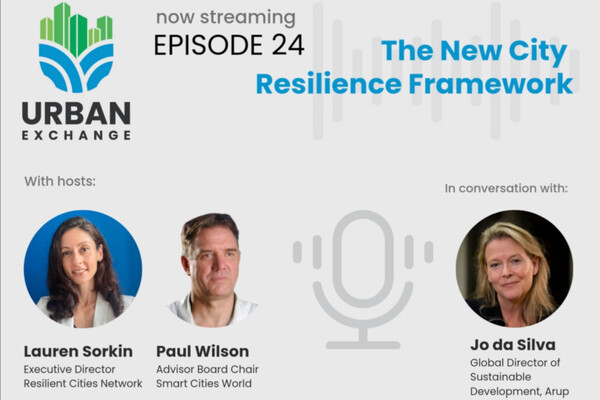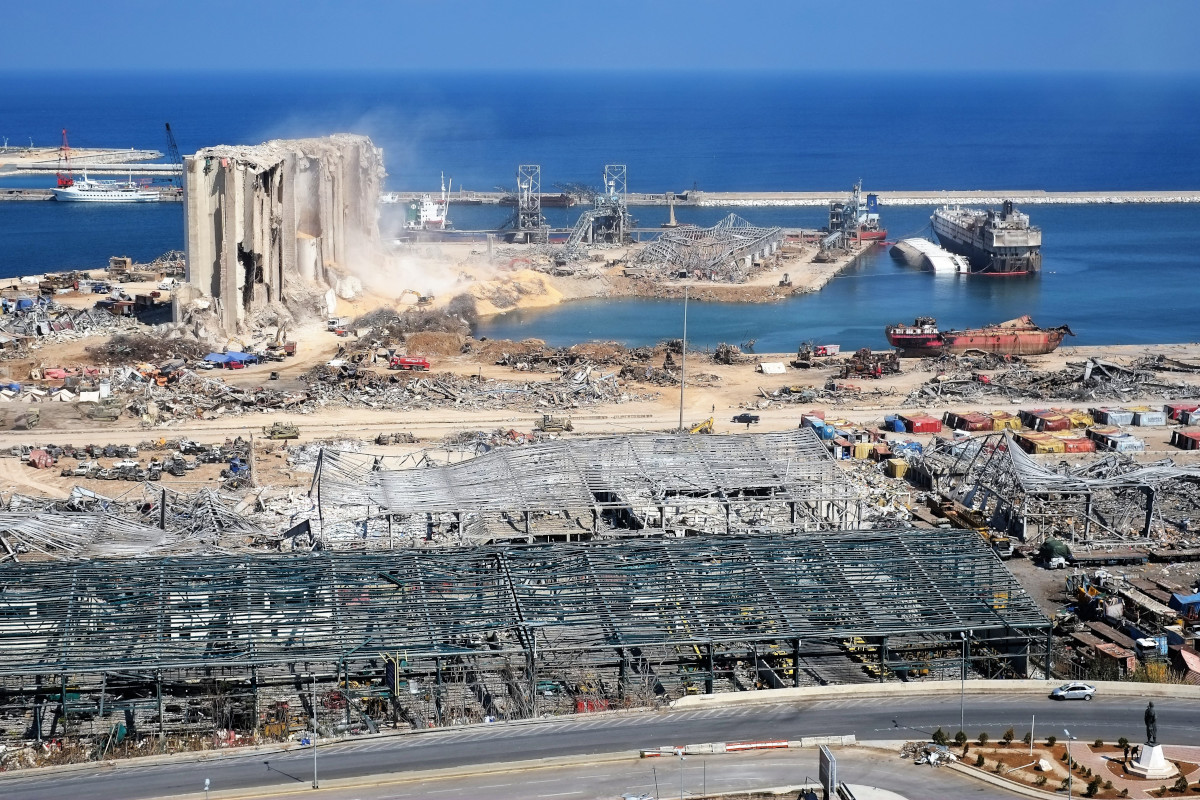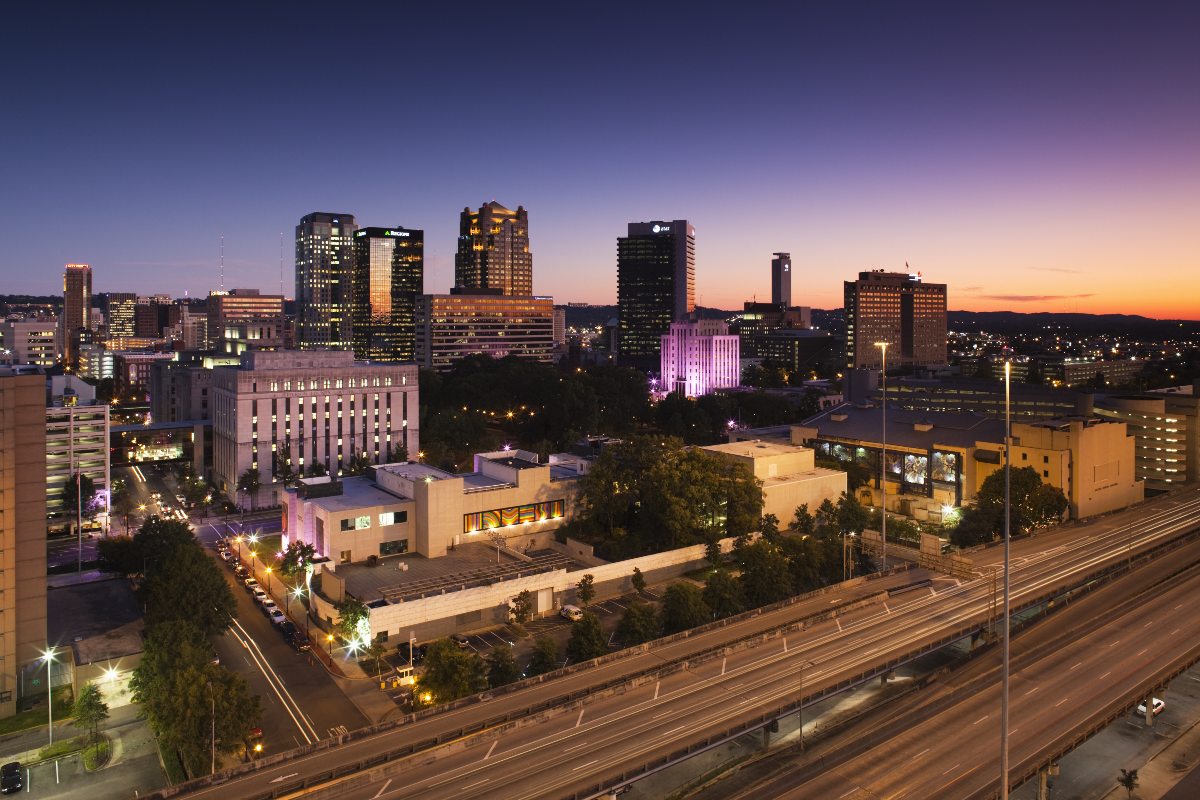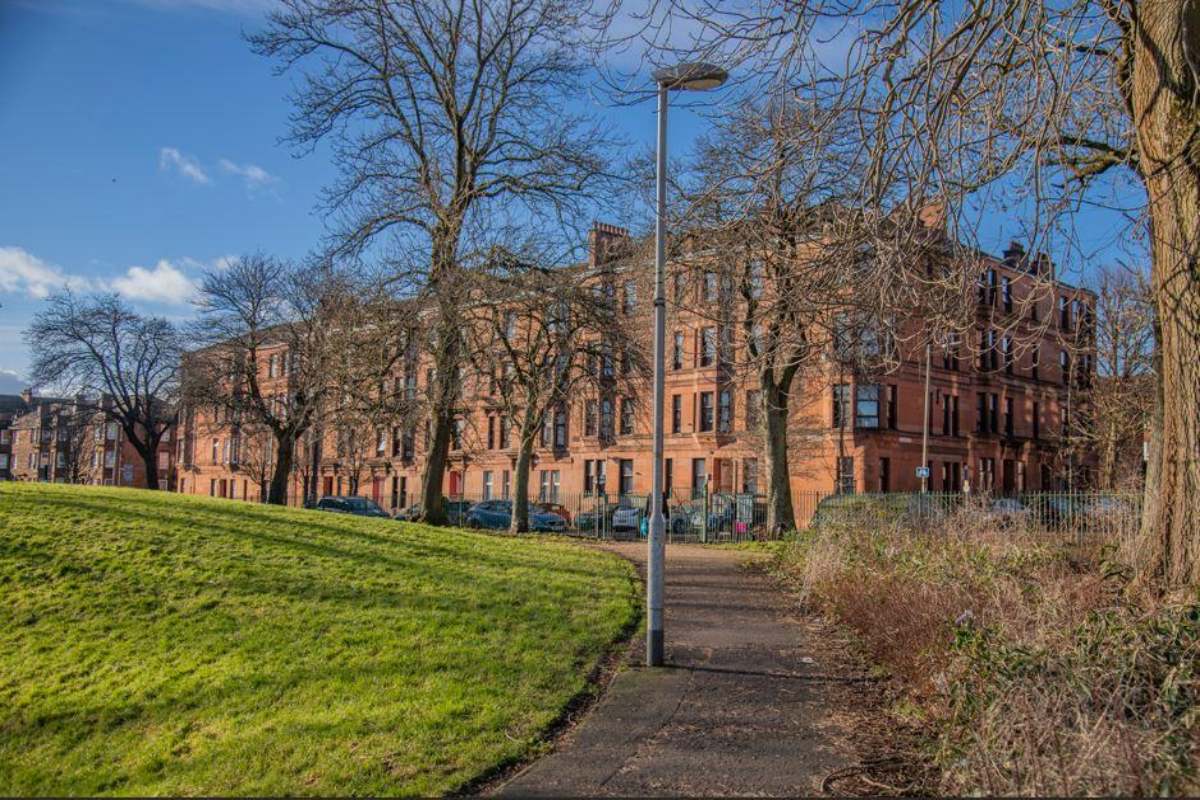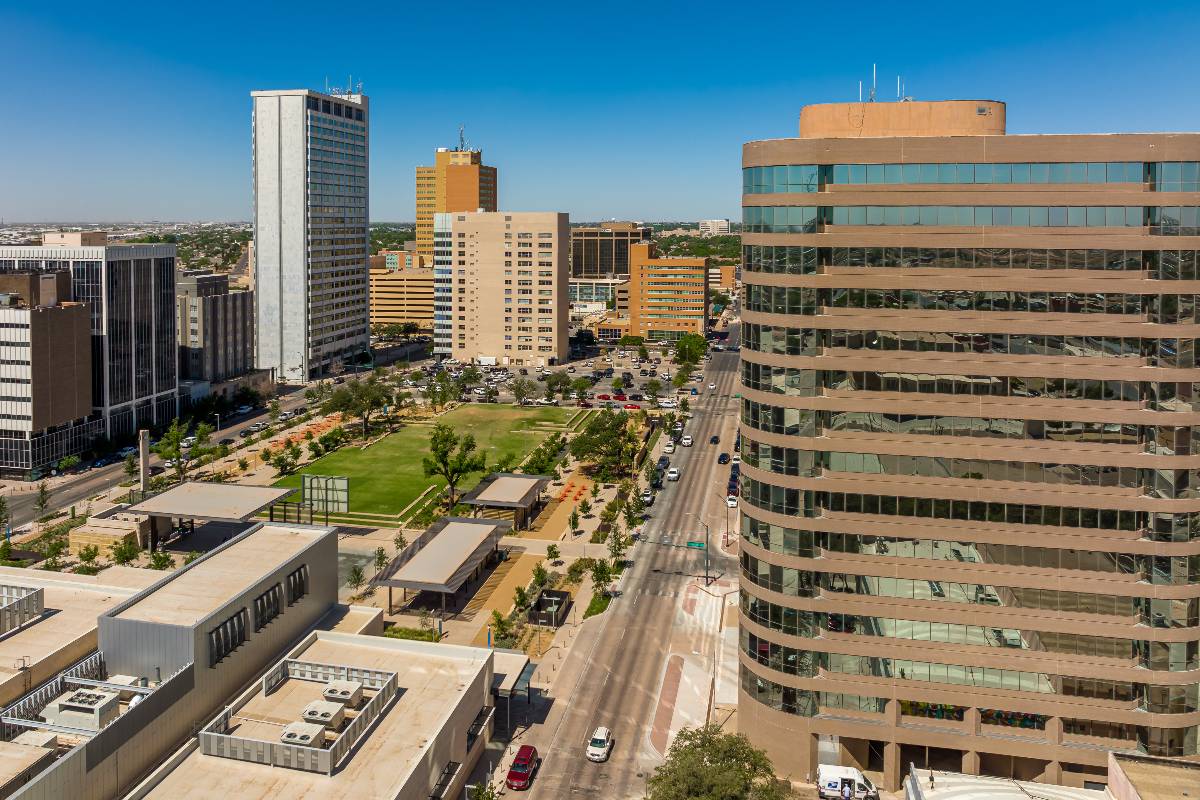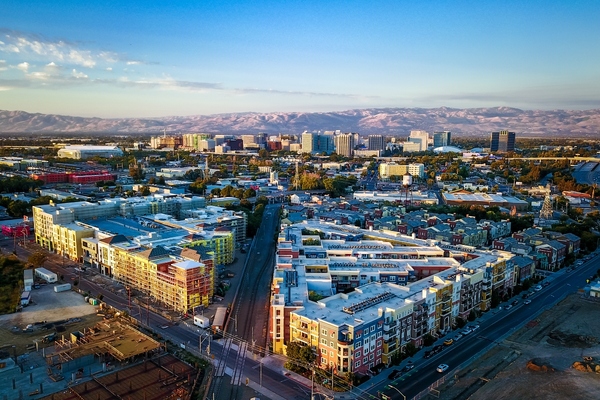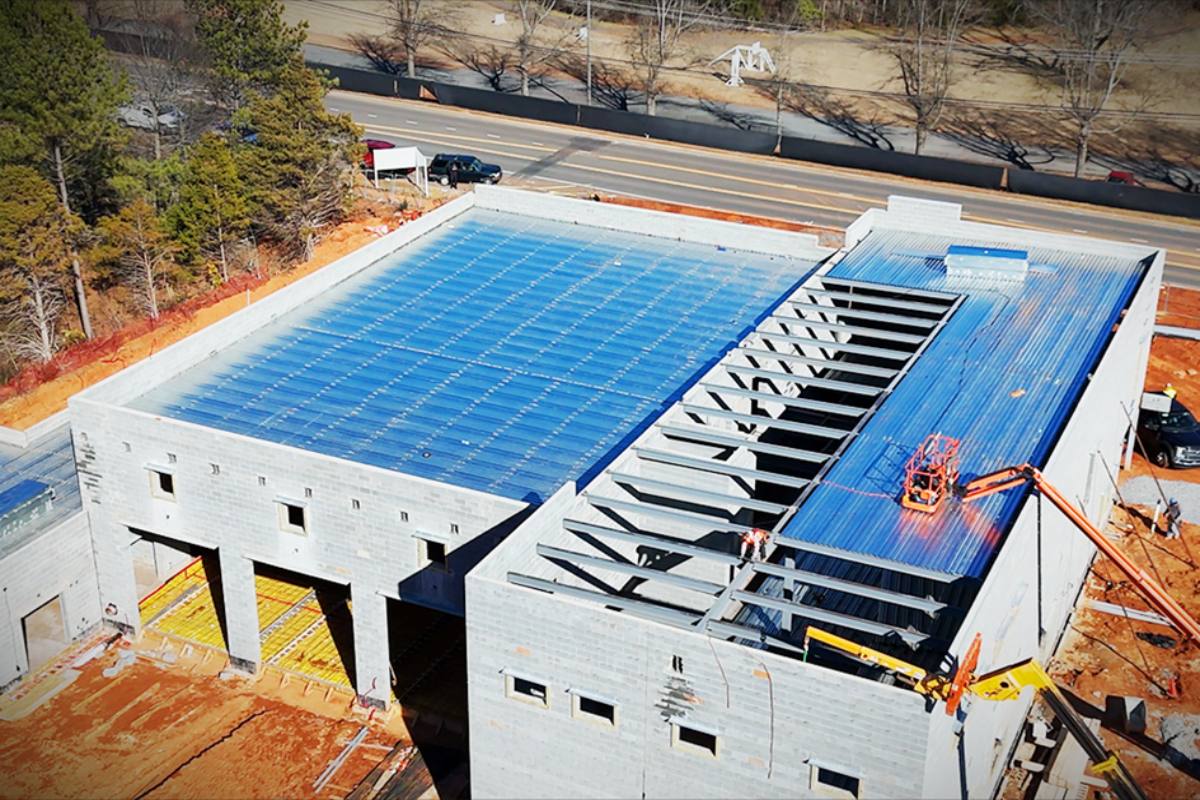Special Reports
SusHi Tech Tokyo 2024: experience ‘Tokyo 2050’ todaySponsored by The SusHi Tech Tokyo 2024 Showcase Program Executive Committee
What cities can learn a year on from the Beirut explosion
The anniversary of the Beirut blast acts as a reminder to authorities of their responsibilities to citizens.
August 4th 2020 will live forever in the memories of the citizens of Beirut, a day that changed hundreds of thousands of lives forever. Highly explosive ammonium nitrate, stored improperly in a hangar at the Lebanese capital’s port for six years, exploded following a fire in the hangar, sending a shockwave across the city that brought unprecedented destruction.
A year on, and with protestors seeking accountability in Beirut clashing with security forces earlier this week, the Lebanese government’s relative inaction acts as a stark reminder of the responsibility that authorities have in keeping citizens, city infrastructure and systems safe and secure.
While the physical damage across the city is largely repaired, citizens’ mental health remains fraught, with many looking for answers from authorities. Those of us living in urban environments often take one thing above all else for granted: that we can trust that we’re safe in them, without necessarily needing to see evidence to support it. Relations between citizens and politicians have been excessively strained globally in recent years, and reparations to unseen bonds like trust will take significantly longer to rebuild than the structures that make up our urban skylines.
The use of technology goes a long way in making operations in cities safer and more efficient, but without investment and the backing of the relevant authority, technology adoption is merely a pipedream for citizens and workers that mightn’t know they need it until it’s too late.
New logistics and threat detection technologies for ports, some of which Beirut has recently adopted, along with routine maintenance of critical infrastructure can be crucial in making citizens feel welcome and safe in the cities they call home.
Above all else, governments and city authorities must make citizens feel listened to, respond to their queries, react to their indifference or their outrage, and not shy away from difficult situations – especially those of their own making. In the Beirut disaster, customs officials at the port sent a series of letters to authorities asking for a resolution to the problem of the ammonium nitrate being stored in Warehouse 12 at the port. These letters were sent in four of the six years that the cargo was stored at the port, and none garnered a response, despite one urging action “in view of the serious danger of keeping these goods in the hangar in unsuitable climatic conditions”.
Inaction in Beirut proved to be the root cause of a disaster that was entirely avoidable, but instead caused billions of dollars in damages, killed hundreds, injured thousands, and displaced 300,000 citizens from their homes. Crises breed crises, whether economic, health-related, political, or otherwise; we need look no further than Beirut or the Covid-19 pandemic for standout recent examples. There are lessons to be learned for governments and city authorities across the world in making citizens feel secure in urban environments – lessons that must be learned quickly and acted upon boldly if they’re to arrest spiralling from one crisis to another.






